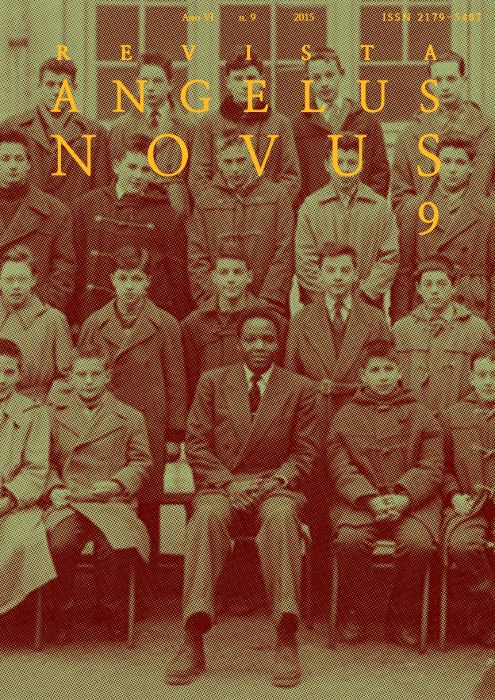Identities and culture at Porto Alegre in the Post-abolition era
The making of the Municipal Musical Group at Porto Alegre (1925)
DOI:
https://doi.org/10.11606/ran.v0i9.90191Keywords:
Post-abolition, Social History of Music, Afro-descendantsAbstract
This article focuses on the musical culture of Porto Alegre in the first decades of the twentieth century. For that it analyzes the formation of the Municipal Band of Porto Alegre, an institution that was created and funded by the government (bearing including the name of the city), emphasizing the relationship between population, their artistic activities and their identity desired. The band will take place in the dialogue between educated elite, the government and sectors of afro-descendant community, ahead of the tensions resulting from the processing of this musical ensemble. The analysis of this musical institution aims to realize what were the terms of this debate and how was articulated the relationship between music and people.Downloads
Download data is not yet available.
Downloads
Published
2016-08-31
Issue
Section
Dossiê temático: Racismo e antirracismo
License
1. Proposta de Política para Periódicos de Acesso Livre
Autores que publicam nesta revista concordam com os seguintes termos:
- Autores mantém os direitos autorais e concedem à revista o direito de primeira publicação, com o trabalho simultaneamente licenciado sob a Creative Commons Attribution License que permitindo o compartilhamento do trabalho com reconhecimento da autoria do trabalho e publicação inicial nesta revista.
- Autores têm autorização para assumir contratos adicionais separadamente, para distribuição não-exclusiva da versão do trabalho publicada nesta revista (ex.: publicar em repositório institucional ou como capítulo de livro), com reconhecimento de autoria e publicação inicial nesta revista.
- Autores têm permissão e são estimulados a publicar e distribuir seu trabalho online (ex.: em repositórios institucionais ou na sua página pessoal) a qualquer ponto antes ou durante o processo editorial, já que isso pode gerar alterações produtivas, bem como aumentar o impacto e a citação do trabalho publicado (Veja O Efeito do Acesso Livre).
How to Cite
Bohrer, F. R. (2016). Identities and culture at Porto Alegre in the Post-abolition era: The making of the Municipal Musical Group at Porto Alegre (1925). Revista Angelus Novus, 9, 81-108. https://doi.org/10.11606/ran.v0i9.90191






